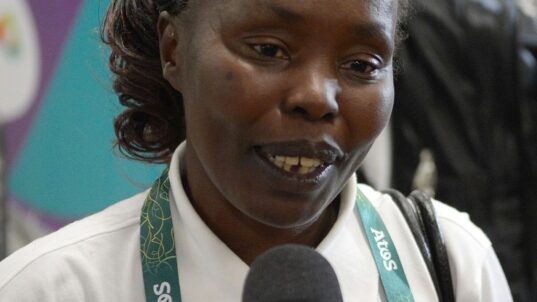I am six months into my first project, and both of my panels are now completing the concern-generating phase of the IF process and are now transitioning to the question-generating phase. Most participants seem to have a much easier time listing their concerns with regard to an area of concern than they do with starting to think about possible policy responses to the area of concern, looking forward to the next ten, twenty, thirty years and beyond. I—and other fellows—have found that it can be challenging to get panels to imagine beyond the current status quo. Additionally, panels can maintain blind spots, i.e., areas that they just do not explore for months on end.
This is where the IF process demonstrates its greatest strength: our deliberation model is designed to put the panels in charge of where the exploration goes and to give the panels a lot of time to do this. Often, we will even return a panel to a reassessment of previous material they have generated so as to encourage them to think more deeply about their ideas. The facilitator does, of course, probe the panel, but the probing is intended to be more like that done in an open-ended social science interview: we do not aim to direct the panel’s discussion but instead to help them to probe deeper into the ideas they raise. Curiously, time can have a profound impact. Ideas that do not emerge early in the discussion process can still emerge—all on their own—later in the process. The main challenge for the facilitator is to probe without directing the panels in any particular direction(s). I may think that the panelists should be exploring some particular concept or concern, but it is not my role to explicitly raise such points. Instead, as the facilitator, I aspire to help the panel to deepen their exploration of particular points they have raised or to consider the contrast between various points they have raised.
A final means by which to encourage panels to explore as broadly as possible is effected before the panels even begin to meet: we aspire to compile diverse panels that represent a wide range of viewpoints, informed by racial/ethnic, socioeconomic, gender, age, political, occupational, and religious backgrounds and by overall life experience. Creating a panel with a wide range of views helps to ensure that the panelists will balance one another out and that the widest range of ideas will be raised. Still, though, panels seem to gel in their focus on a particular set of concerns, and this is why it is very useful to have two panels. In my own case, I can already see where one panel has raised issues the other one has essentially dismissed—and vice-versa. This means that, when the panels come together, they will again have the chance to consider issues one panel might have dismissed, benefiting from the other panels thinking about those concerns.


